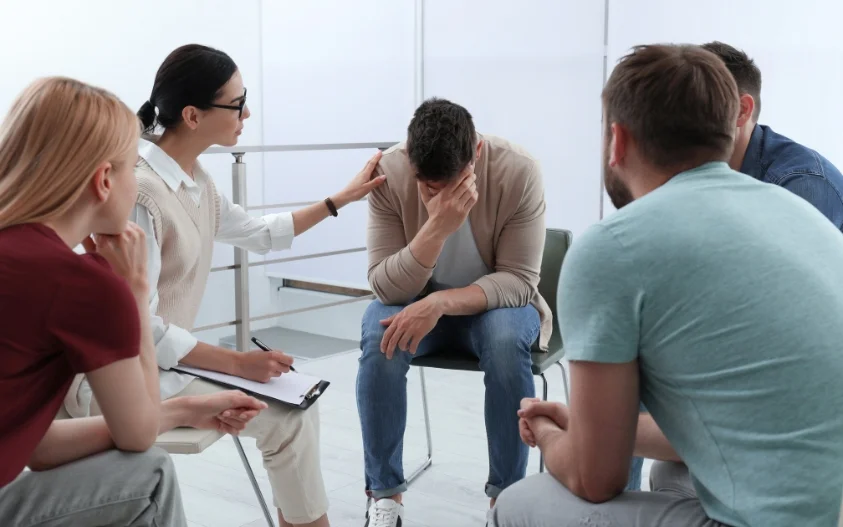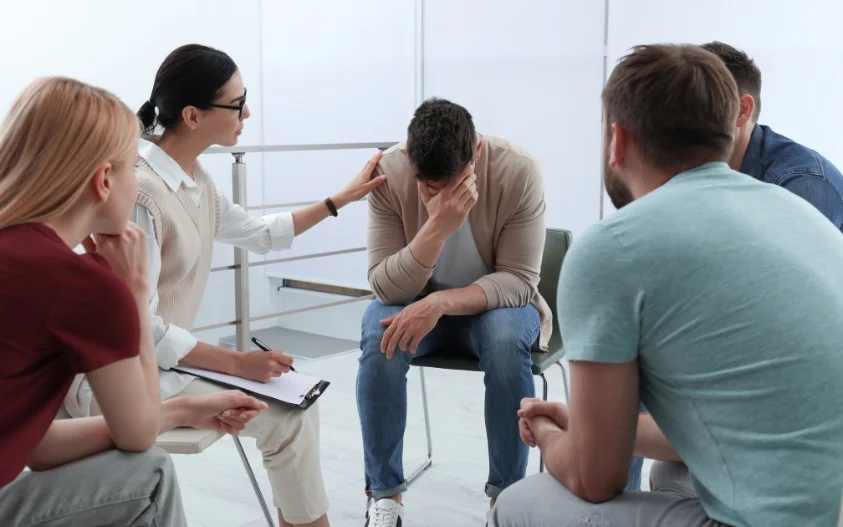24/7 Helpline:
(866) 899-221924/7 Helpline:
(866) 899-2219
Learn more about OCD Treatment centers in Hopkins
Other Categories in Hopkins

Other Insurance Options

BlueShield

Humana

Ambetter

Ceridian

Lucent

Aetna

Cigna

Group Health Incorporated

WellPoint

Health Net

Horizon Healthcare Service

EmblemHealth

BHS | Behavioral Health Systems

AllWell

UMR

Anthem

Private insurance

Providence

United Health Care

Regence












